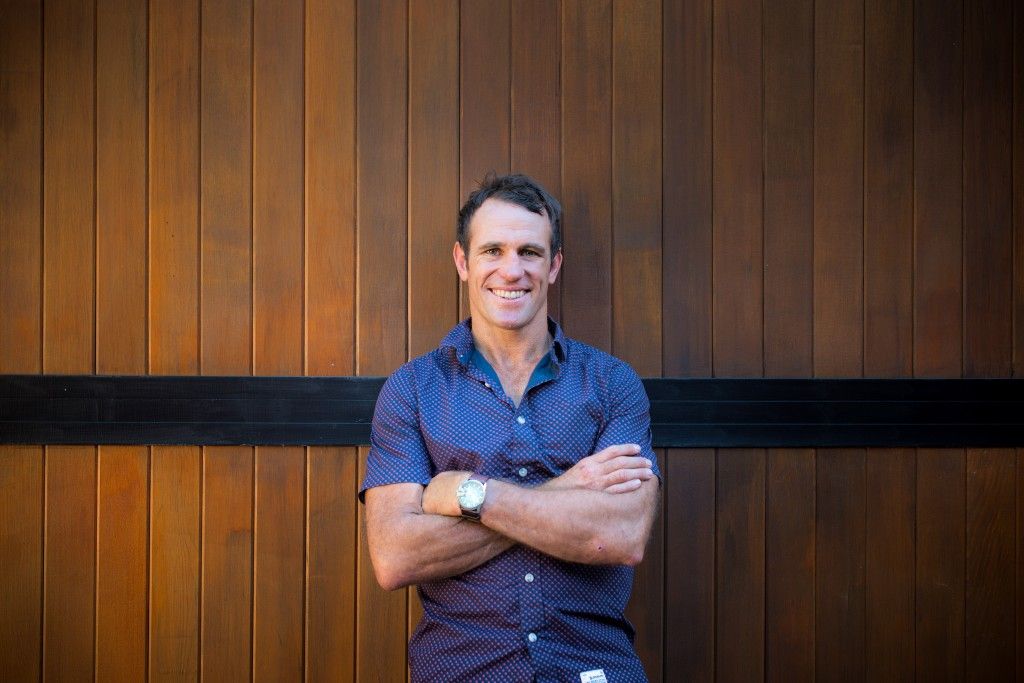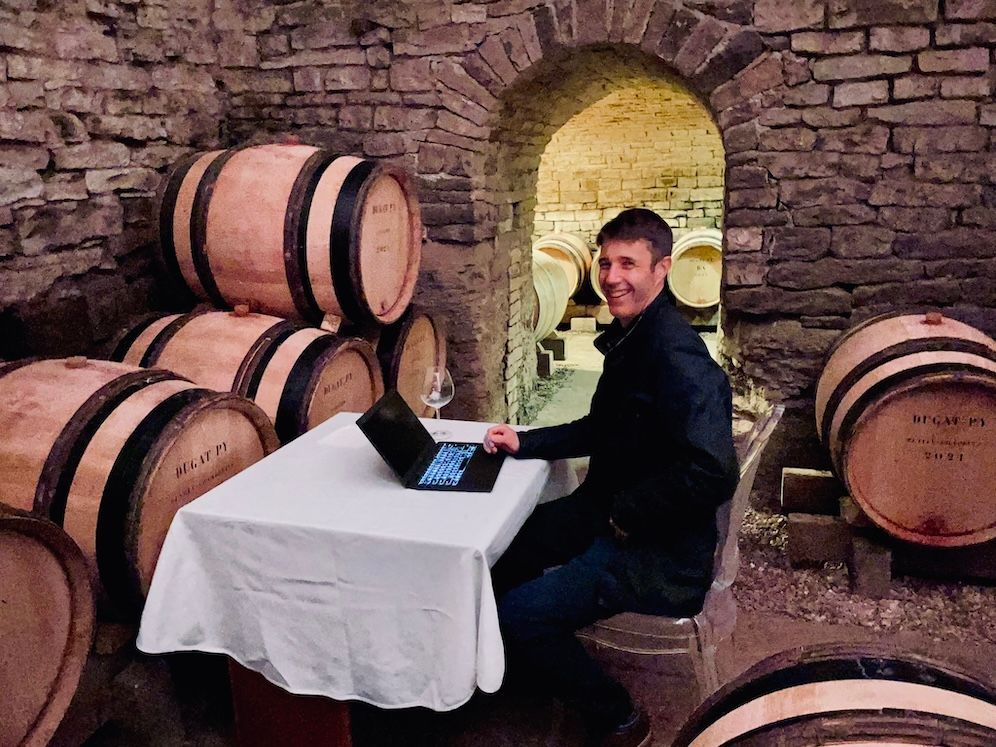Making the decision whether to be organic, biodynamic or neither is a difficult one in Marlborough, according to MacKenzie, who is steering towards non-declared organic farming.
Dining in the inner sanctum of Berry Bros & Rudd in St James’s Street sandwiched between two well versed MWs may not sound like a recipe for a relaxing evening. But we have been gathered here not for stuffy talk about the finer points of Old World wines but to meet Jeremy MacKenzie, chief winemaker of the Isabel Estate, a top producer in New Zealand’s Marlborough region.
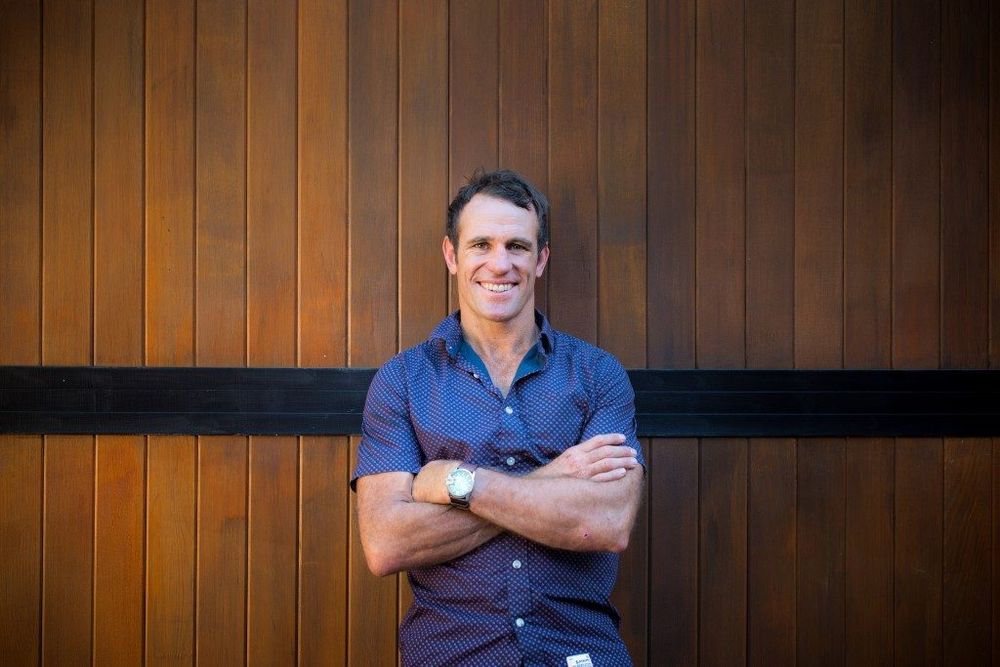
Jeremy MacKenzie, winemaker at Isabel Estates
A new breed of winemaker (he claims an interest in extreme sports), he is crafting some worthy wines and has begun to build up some traditions of his own.
Berry Bros has two Isabel wines on its sales list, not the Sauvignon Blanc that really put the winery on the map incidentally. The first we try is the 2015 Chardonnay (ABV 13.5 %) at £18.95. This is the first Chardonnay made under McKenzie’s stewardship. The official write-up talks of layers of struck-match, gun-smoke and flint meet spice. But this is a restrained Chardonnay with an almost savoury note to the long finish.
The second is a 2015 Pinot Noir (AVB 13.5 %), from the same year but slightly more pricey at £23.95. Described as ‘a remarkably serious’ Pinot Noir for the price, this again is a restrained offering but this time with notes of red cherry, redcurrant and raspberry.
The tasting brings further delights, for example, the Estate’s 2004 Chardonnay.
“When did you last have a 2004 New Zealand Chardonnay – 2005?”, quips someone.
But good things have been happening to this wine which still has some fruit and still has some freshness while it has begun to offer an intriguing depth. MacKenzie says that this vintage is more like what the 2016 will taste like – his winemaking having just emerged from a phase when he went for something a lot riper. Then we move on to 2009 Pinot Noir, again improved with the passing years.
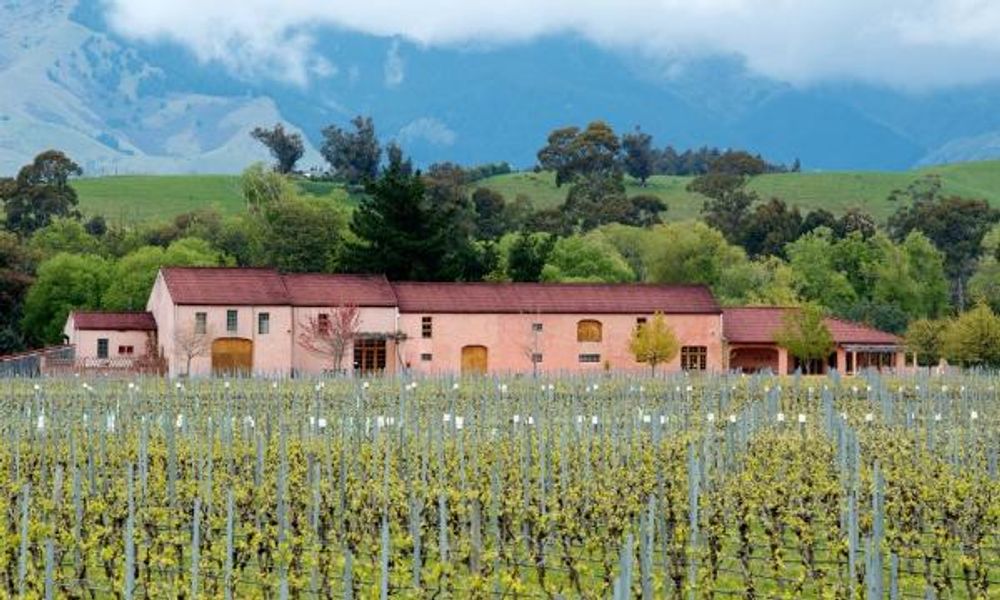
MacKenzie takes delight in the “spread of varietals from one piece of dirt” – the soil is mainly clay. Some of the vines are thirty years or older, making them some of Marlborough’s oldest plantings. But things are not standing still. MacKenzie has been experimenting with more unoaked Chardonnay and, sadly, but maybe inevitably, he’s uprooting a chunk of the Riesling vines. “Trying to sell Riesling is like trying to sell ice cream to Eskimos,” he complains stoically. What may go it its place? Almost certainly, Albariño with the possibility of a small plot of Syrah too.
Meanwhile, Isabel has been an odd journey down the organic route. The estate was once certified organic but the vines were suffering. After a spell as a non-organic vineyard, the vines are now back to health and MacKenzie is deciding what to do next. He might take the Pinot Noir back to fully organic, he says. But, in common with many other premium winemakers, he is coming to see that tending the soil and the vines in the attentive way prescribed by organic, or even biodynamic, regimes is more important than navigating the bureaucracy to acquire the piece of paper that states you have.
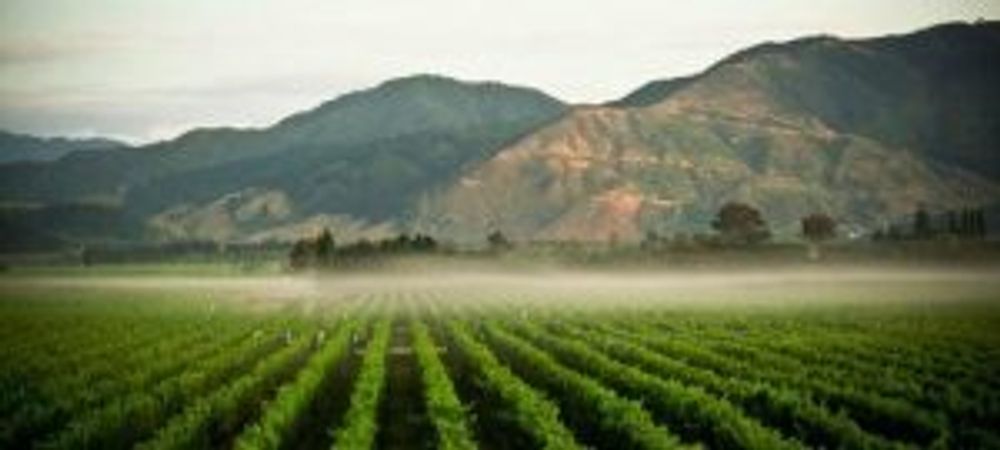
In fact, according to Catriona Felstead, one of Berry Bros’ resident MWs, many top French estates now adhere to biodynamic principles without choosing to put this on the label of the finished wines. It seems people in both the Old and New Worlds are becoming convinced about the merits of the painstaking if quirky biodynamic approach even if they can’t find a plausible explanation to explain why it actually works.
